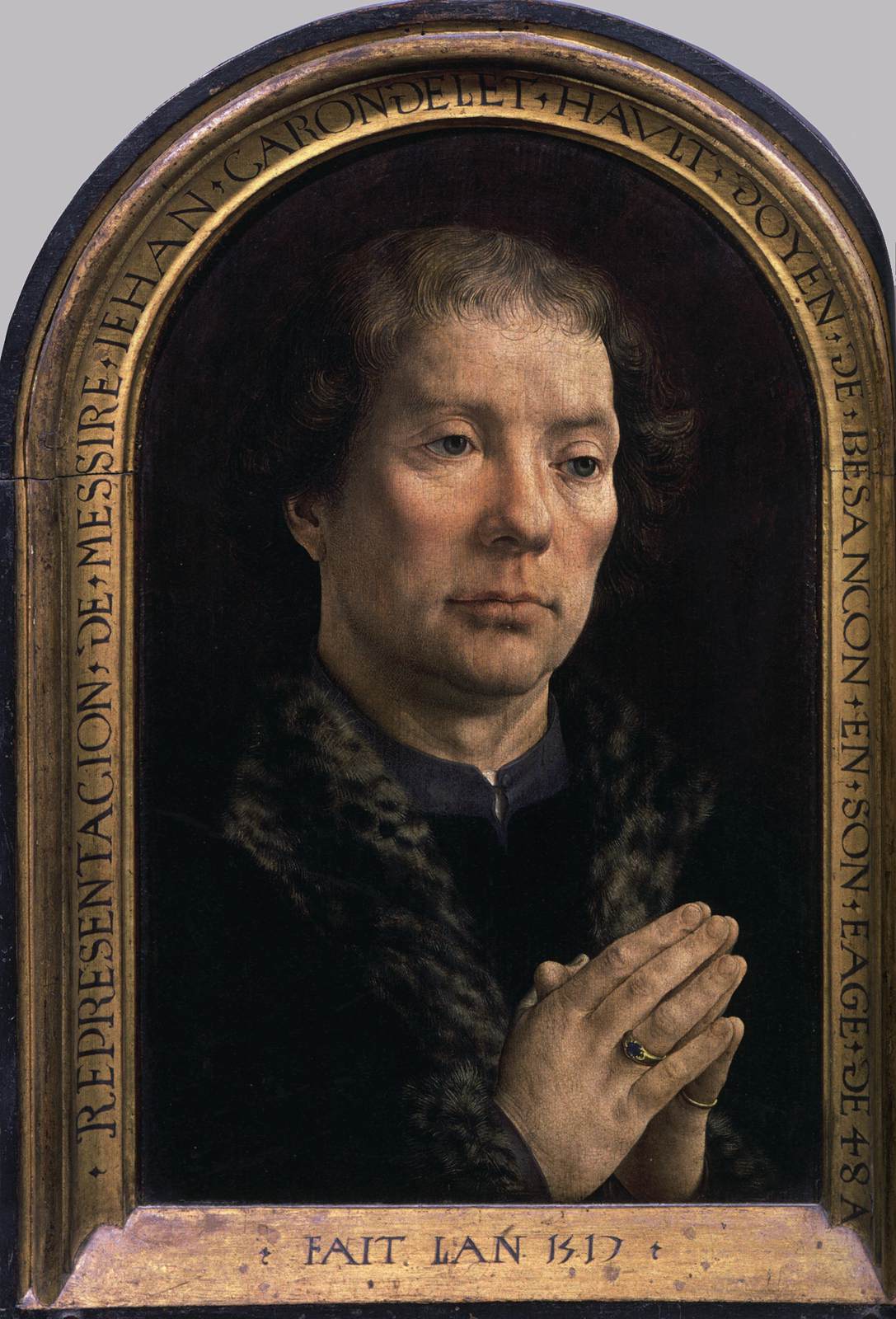Description
The painting Carondelet Diptych (left wing) by artist Jan Gossart is an exceptional work of art that has captivated art lovers for centuries. This painting, measuring 43 x 27 cm, is a masterpiece of the Flemish Renaissance and has a complexity and visual richness that make it unique.
One of the most interesting aspects of the painting is its artistic style. Jan Gossart was one of the first Flemish artists to adopt the sfumato technique, which involves superimposing layers of paint to create a soft, diffuse atmosphere. This can be clearly seen in the painting, where colors blend and blend to create a sense of depth and movement.
The composition of the painting is also impressive. On the left side of the diptych, the Virgin Mary can be seen holding the baby Jesus on her lap. Behind them, there is a window that allows you to see a landscape with trees and mountains. On the right hand side of the diptych, a man believed to be the work's commissioner, Jean Carondelet, is depicted kneeling before the Virgin and Child. The composition is symmetrical and balanced, giving the painting a sense of harmony and serenity.
Color is also a prominent aspect of the painting. The soft, warm skin tones of the Virgin and Child contrast with the darker, cooler colors of the landscape behind them. The gold details on the clothing of the Virgin and Child also give the painting a touch of opulence and wealth.
The history of the painting is also fascinating. It is believed to have been commissioned by Jean Carondelet, a senior official at the Habsburg court in the Netherlands. The painting was kept in the Carondelet family for several centuries before being sold to a private collector in the 19th century. Today, it is in the collection of the National Gallery in London.
In summary, the painting Carondelet Diptych (left wing) by Jan Gossart is an impressive work of art that combines a refined artistic style, balanced composition, and skilful use of color to create an image of great beauty and serenity. Its history and its cultural legacy make it one of the most valuable pieces of the Flemish Renaissance.

